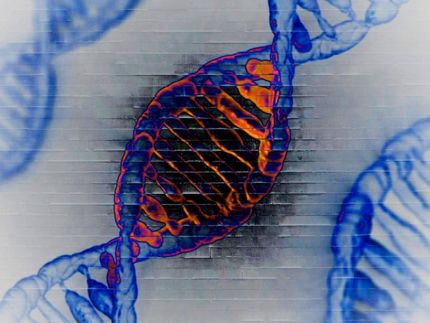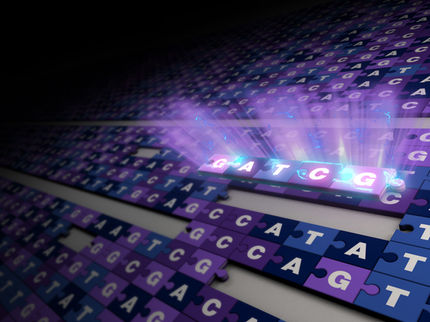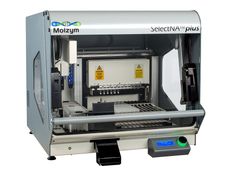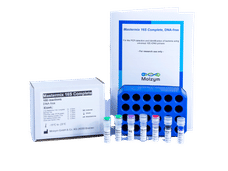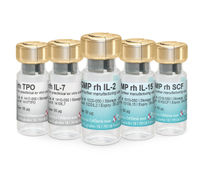Microchip Biotechnologies Awarded $6.1M Grant to Build Next-Generation DNA Sequencer
Microchip Biotechnologies Inc. (MBI) has been awarded a $6.1 million grant from the National human genome Research Institute (NHGRI) to develop an innovative nanofluidic technological platform that promises to dramatically reduce the cost of DNA sequencing.
The grant was the largest in a series of eleven awards totaling $38M announced on October 14 by NHGRI (part of the US National Institutes of Health), with the goal of broadening the applications of genomic information in medical research and healthcare. NHGRI's near-term goal is to lower the cost of sequencing a mammalian-sized genome to $100,000 or less, which would enable researchers to sequence the genomes of hundreds or even thousands of people as part of studies to identify genes that contribute to cancer, diabetes and other common diseases.
"We are very pleased to receive this award which recognizes MBI's unique capabilities in developing advanced instrumentation for genomics and DNA sequencing," said Dr. Stevan Jovanovich, the Principal Investigator on the grant and MBI's President and CEO. Dr. Jovanovich was formerly the Vice President for Global Research at Amersham Biosciences. "Our effort will combine the talents of MBI's scientific and engineering staff with some of the leading researchers in the fields of genomics, chemistry, and molecular biology based at U.C. Berkeley, Northwestern University and Columbia University."
MBI plans to build a Microbead INtegrated DNA Sequencer (MINDS) System which will push Sanger-based sequencing toward its ultimate performance limit in a completely automated bench-top system. The MINDS System retains the advantages of current DNA sequencing methods, including well-developed community infrastructure, commercial availability of reagents, and existing base-calling and analysis software, but employs proprietary new technologies that reduce process volumes to the nanoliter scale.
The heart of the MINDS System will be microfabricated glass wafers with on-chip valves, pumps, and routers connecting etched nanofluidic channels that can label, amplify, and purify DNA fragments retained on individual microbeads, followed by ultra-fast separation and analysis of fluorescently-tagged products in etched on-chip electrophoresis channels. The MINDS microchips will replace not only the fused silica capillaries used in current sequencing hardware, but also entire laboratories full of sample preparation equipment. MBI projects that its MINDS System will reduce the cost of current DNA sequencing methodologies by a factor of 100 or more.
Collaborating with MBI to develop important enabling technology related to the amplification and selection of clones and associated nanofluidics will be Professor Richard A. Mathies at U.C. Berkeley, who stated, "MBI is uniquely positioned to exploit the cutting edge technologies developed by our collaborative research. Its team has many years of industrial experience designing and building leading instrumentation platforms used in the life sciences industry."
Also collaborating with MBI will be Professor Annelise Barron at Northwestern University in Illinois, who will develop novel DNA separation matrices for the on-chip etched electrophoresis channels, and Professor Jingyue Ju at the Columbia University Genome Sequencing Center in New York, who will evaluate prototype MINDS Systems as a beta test site.
"Receiving this grant is an important independent validation not only of MBI's technological approach, but also of the scientific and management teams we have assembled to move this important effort forward," said Dr. Robert Stack, MBI's Vice President of Corporate and Business Development. "We believe the MINDS System will provide genome center DNA sequencing capabilities to individual research laboratories at an affordable price. The integration of nanoscale sample preparation and microchip analysis in the MINDS System should help to usher in further advances in biomedical research, health care, and personalized medicine as well as forensics and infectious disease detection."
